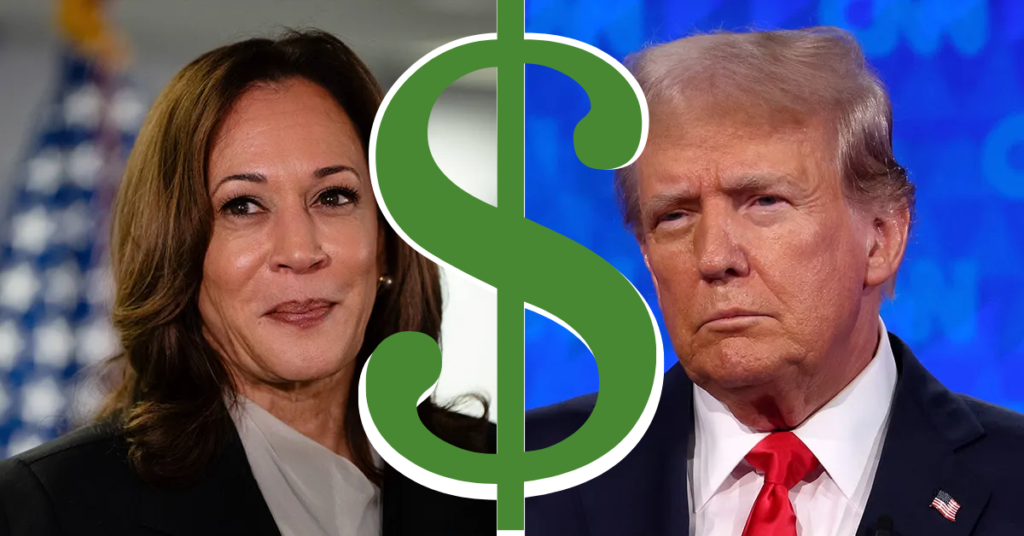Goldman Sachs analysts are cautioning that a potential return of former President Donald Trump could lead to slower economic growth if he follows through with his proposed policies.
The firm suggests that Trump’s plans to tighten immigration restrictions and implement new tariffs on Chinese imports might reduce GDP growth by up to half a percentage point in the latter half of 2025.
Tariffs and Immigration Policies’ Potential Downturn
Goldman Sachs indicates that Trump’s proposed measures are likely to negatively impact economic growth more significantly than any positive effects from fiscal policies.
In a note issued on Tuesday, analysts stated, “Regardless of whether Trump wins decisively or in a divided government scenario, the adverse effects of tariffs and stricter immigration policies are expected to outweigh the benefits of any fiscal stimulus.”
If Trump were to win, higher tariffs on auto imports from China, Mexico, and the European Union could lead to increased core inflation, according to Goldman Sachs.
Favorable Outlook for a Harris Administration
In contrast, Goldman Sachs forecasts a more positive economic outcome under a Harris presidency with Democratic control of Congress. They believe that spending initiatives and tax credits would “more than offset” any potential negative impact on investment from a higher corporate income tax rate.
The firm also predicts that if Harris wins but Congress remains divided, policy changes would likely be minimal and have a neutral effect on GDP.
Under a Harris administration, Goldman Sachs estimates job growth would be approximately 10,000 jobs per month higher than under Trump, and 30,000 jobs per month higher than under a Republican sweep.
Joseph Costello, a spokesperson for the Harris-Walz campaign, emphasized Vice President Harris’s commitment to economic growth.
“Vice President Harris has a clear vision for strengthening the economy by supporting the middle class, cutting taxes, lowering costs for families and small businesses, and creating opportunities for all Americans,” Costello stated. “The choice this November is clear when it comes to economic policy.”
